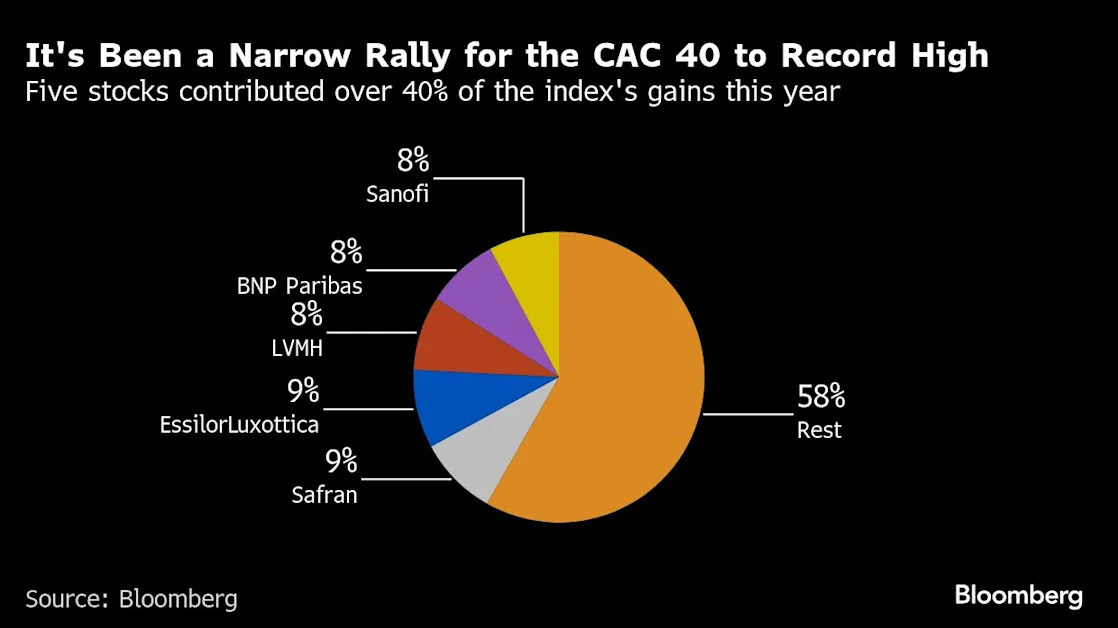(Bloomberg) -- Colombian President Gustavo Petro’s budget antics are again putting global investors on edge, stoking fears over long-term fiscal health and sparking a bond selloff.
Petro, who has had an uneasy relationship with investors ever since taking office in 2022 as the nation’s first leftist president, sparked a fresh rout in debt markets after he backed an overhaul of the national budget that shifts more revenue and spending to the regions from the central government.
Some bonds have been trading near one-year lows since late last month when the Senate approved the plan, despite insistence from government officials who argue the fiscal impact will be limited.
Even if the market overreacted, it’s easy to see why, said Graham Stock, senior sovereign strategist with RBC Bluebay. It adds to concerns about the fiscal outlook, which has become murkier as tax revenue comes in below expectations.
“Given the weak fiscal performance that we have seen so far under this government and President Petro’s clear preference for more spending, it is understandable that some in the market are skeptical,” he said.
Finance Minister Ricardo Bonilla has said the budget deficit will widen to 5.6% of gross domestic product this year from 4.3% in 2023.
The finance ministry didn’t respond to a request for comment.
Skepticism from investors has been showing up in asset prices all year long, pummeling dollar bonds and the currency.
The selloff has been acute in notes due in 20 and 30 years, which have lost as much as 8% this year. Across all maturities, Colombian bonds handed investors a 1.2% loss, compared to a 7.2% gain across the index.
Analysts warned that the debt was already pricing in additional rating downgrades.
The peso has also been hit, weakening this week past the 4,500-per-dollar level for the first time since May 2023. JPMorgan Chase & Co. downgraded the currency to underperform, citing a “precarious” fiscal position.
The moves, in part, highlight just how sensitive investors have become to headlines out of Colombia. When officials hinted at spending cuts last week, bonds posted a short-lived rally, even though those reductions have yet to be confirmed by the government.
While those potential cuts were well received by investors, Jared Lou, a portfolio manager at William Blair, said “the decentralization bill more than offset the positives from next year’s budget cuts.”
Across emerging markets, investors are quicker to react due to the risks and uncertainty over Donald Trump’s presidential victory in the US.
But the market reaction also reflects the growing unease over the Petro administration’s fiscal management. The government failed to agree with Congress on the 2025 national budget in September, meaning Petro has to approve it by decree. He also has to convince lawmakers to back a plan to finance next year’s spending with lower-than-expected tax revenue.
“Idiosyncratic factors have increased the sensitivity of assets to external factors,” central bank co-director Bibiana Taboada said.




